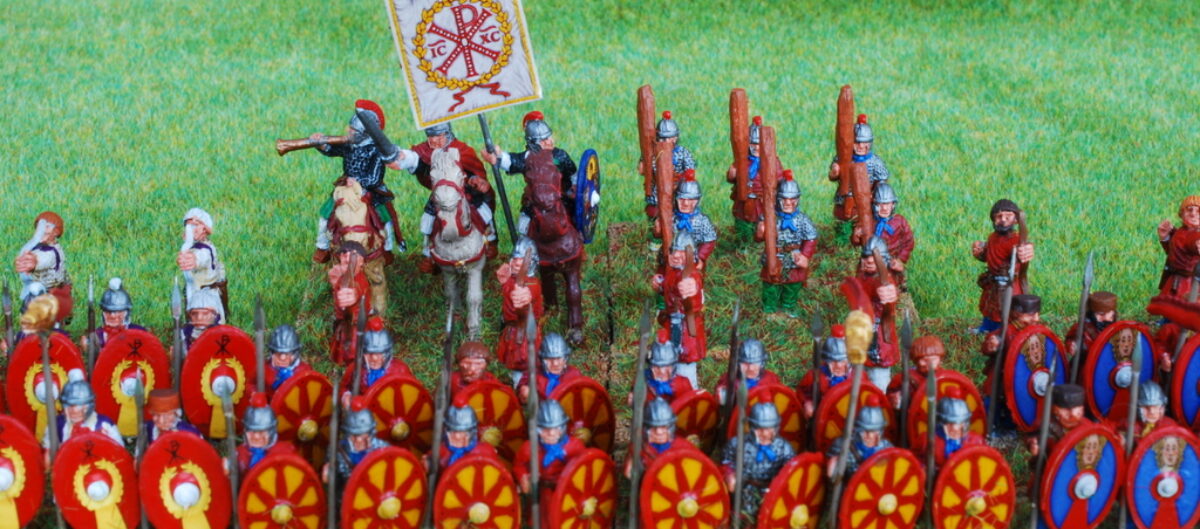Its interesting (and has only just occured to me) that in the same way that there are different playing styles that people prefer and feel most comfortable in, there are styles of DM’ing as well. Or rather, its obvious there are styles of GM’ing, there are styles of player-GM interaction. I guess there are probably a few dominant DM’s out there who like to pull all the strings and micro-manage the players, but I am very much a ‘world-builder’ DM – I like to create a coherent and consistent world and for the players to create their characters and define their own goals within that world. I am then there to help them acheive their goals and make them worth acheiving by having struggled on the way. Its no fun if you don’t acheive your goal and its no fun if you acheive it easily.
I also tend to be very protective of the ‘feel’ of my world – I like the players to create bits themselves but I demand a veto over their creativity. Its all part of my obsession with internal consistency – anything that doesn’t fit right breaks the suspension of belief. The biggest problem that I have is when the real world is plonked into a fantasy world. Classic example is Dun County – I can never see the Old Sun Dome temple as anything other than Fountains Abbey, because it is.
Interestingly David is a completely different sort of DM, he likes detail and characters and plot. He is very good at designing a scenario and great characters for it, but doesn’t mind if they are no part of a world. He is quite happy playing one-off scenarios, whereas I find them pointless because there is no scope for character development – he like the problem solving. Its my biggest frustration with Call Of Cthulhu (which I otherwise enjoy) – the inevitable degradation rather than ascension of the characters.
I’m not sure how many styles of DM-player interaction there are. I can think of:
- God – where the DM wants to control every aspect.
- World Builder – me – create a great world and want the players to define their role and motivations in the world. I tend to be very protective of my creations as well.
- Crossword Setter – creates problems for the players to solve. Consistency from scenario to scenario is not necessary, nor is playing the character – its a problem solving game. Most CoC has to be played like this I think.
- Story Teller – very popular nowadays – the players and the DM are there to create a joint narrative. Characterisation is everything. Doesn’t work with problem solving because it is as much about character growth through failing as it is about winning (or surviving). Different from World-Builder in terms of approach and focus – Story Teller is normally bottom up rather than top down.
